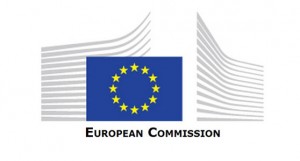 With evidence from five EU countries (including the UK), this paper examines whether there is a digital divide in the use of the internet in general and for specific purposes (leisure, improving human capital and obtaining goods and services).
With evidence from five EU countries (including the UK), this paper examines whether there is a digital divide in the use of the internet in general and for specific purposes (leisure, improving human capital and obtaining goods and services).
The main finding is that, for those who have access to the Internet, the income-based digital divide in internet use has been reversed in the sense that low-income internet users spend more time on the internet than high-income users. This relationship is particularly strong for time spent on leisure online. In addition, the report finds that employment status does not change the effect of income on internet use and discusses several possible explanations for this result.
Read more here.